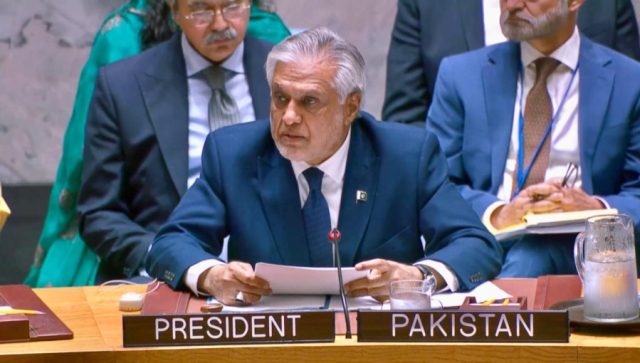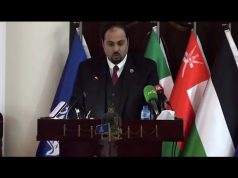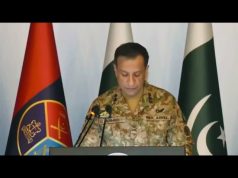UNITED NATIONS, Tuesday, July 22, 2025 (WNP): Pakistan’s Deputy Prime Minister and Foreign Minister, Senator Mohammad Ishaq Dar, on Tuesday sounded the alarm over India’s unilateral suspension of the Indus Waters Treaty, warning that the move poses a grave threat to the water security of over 240 million Pakistanis and undermines decades of hard-won regional diplomacy.
Presiding over the United Nations Security Council’s Open Debate on “Promoting International Peace and Security through Multilateralism and the Peaceful Settlement of Disputes”, Dar strongly condemned India’s recent actions, calling them illegal, coercive, and a violation of international obligations.
“The Indus Waters Treaty, signed in 1960, is a remarkable example of diplomacy and dialogue that has survived multiple conflicts. India’s attempt to hold it in abeyance is not just a breach of the treaty—it is a direct threat to the survival of millions dependent on the Indus River system,” he said.
Dar’s remarks came shortly after the unanimous adoption of Pakistan-sponsored Resolution 2788 on “Strengthening Mechanisms for Peaceful Settlement of Disputes” by the Security Council—an achievement Pakistan hailed as a major diplomatic success.
Calling the resolution a “welcome expression of our collective will,” Dar urged its swift and universal implementation. He emphasized that peaceful dispute resolution was not only a legal and moral obligation but a strategic necessity in an increasingly polarized global order.
“The UN Charter’s principles must be upheld in both letter and spirit,” Dar said. “Selective application of international law weakens the credibility of this Council and prolongs conflicts around the world.”
In a pointed reference to Jammu and Kashmir, Dar reiterated that the dispute remains one of the oldest items on the Council’s agenda. He stressed that Kashmir is an internationally recognized disputed territory, and its final disposition must align with UN Security Council resolutions and the will of the Kashmiri people.
“No cosmetic measures can replace the Kashmiri people’s fundamental and inalienable right to self-determination,” he said.
The Deputy PM warned that using water as a tool of political coercion sets a dangerous precedent and urged the UN to intervene to uphold the sanctity of international treaties and norms.
Dar proposed strengthening the mediation tools available to the UN Secretary-General, including the operational capacity of the UN’s Mediation Support Unit. He stressed that bilateralism should not be used as a pretext for inaction when one party to a dispute refuses to engage.
He also emphasized the value of preventive diplomacy and early warning systems, advocating for greater collaboration under Chapter VIII of the UN Charter to enable regional responses to regional crises.
Speaking at the same forum, U.S. Ambassador Dorothy Shea highlighted recent U.S. efforts to facilitate de-escalations in global hotspots. “In just the past three months, we have helped ease tensions between Israel and Iran, the Democratic Republic of Congo and Rwanda, and between India and Pakistan,” she said, signaling Washington’s continued interest in fostering regional peace through dialogue.
Dar concluded by reaffirming Pakistan’s commitment to diplomacy, dialogue, and multilateralism.
“Peace cannot be a one-sided effort. It requires sincerity and willingness from all parties. Pakistan remains ready to engage in meaningful dialogue—guided by the principles of sovereign equality, non-interference, and justice,” he said.
The statement drew attention to Pakistan’s broader foreign policy objective: resolving disputes through peaceful means rooted in international law—a stance that resonated with many at the Council amid rising global tensions.




